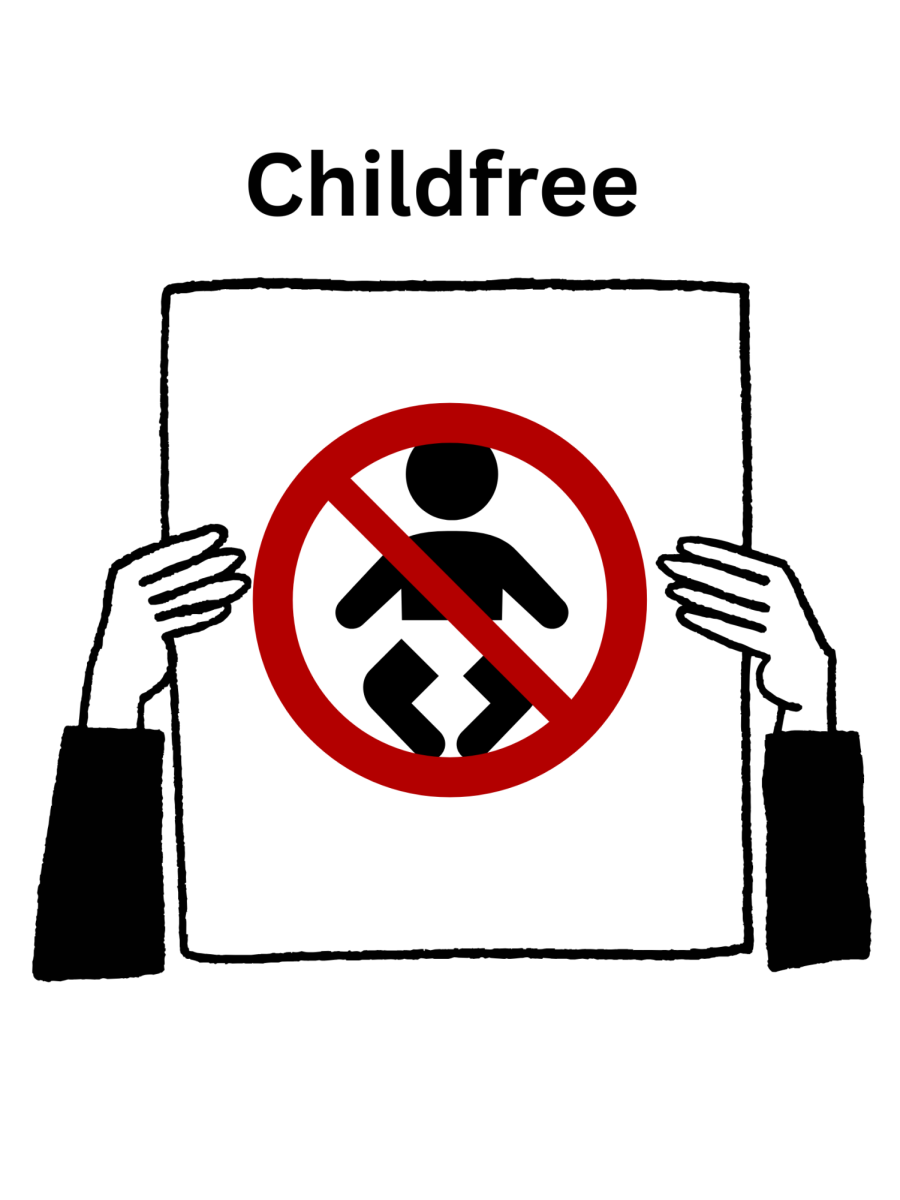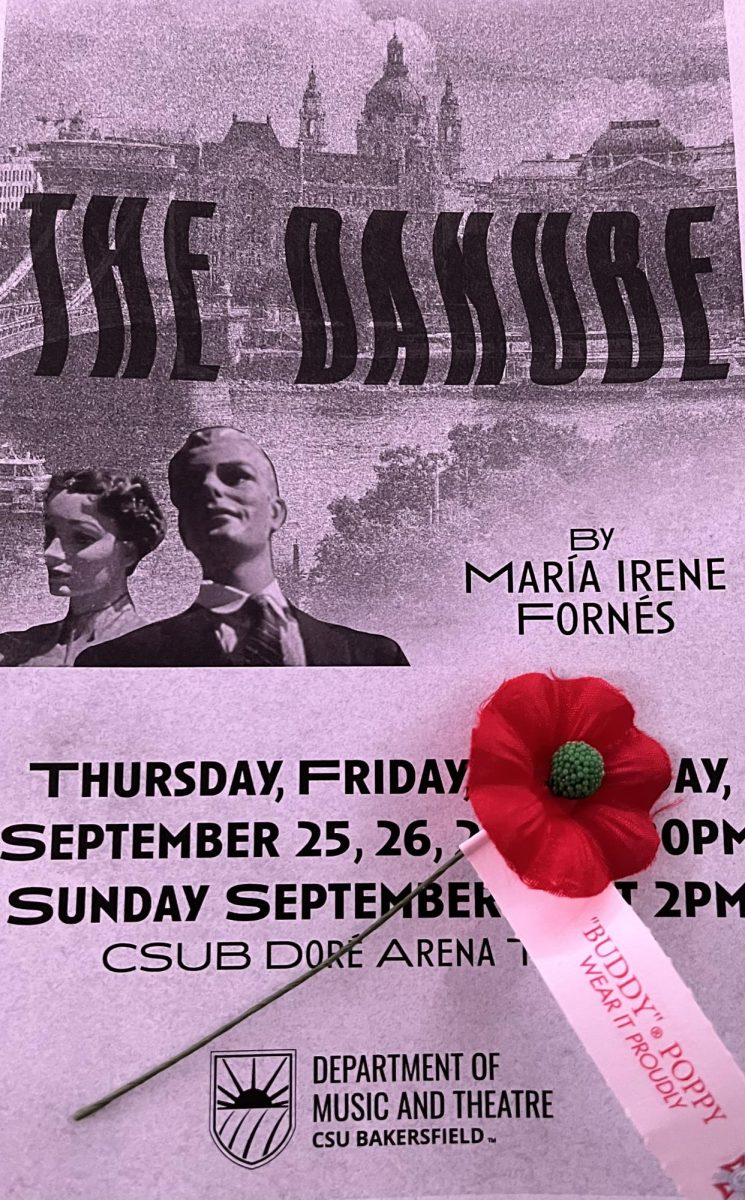News Editor
As college students, exercising our freedom of speech is fundamental to an enriching, rewarding college experience.
Why, then, are university administrators creating policies to handicap such expression?
At CSU Bakersfield and countless other universities across the nation, administrators have implemented free speech zones, areas on campus in which students and organizations are allowed to pamphleteer, protest and advertise clubs or causes.
These zones have recently come under fire, both among students and in legal cases; Cal Poly Pomona is currently being sued for infringement of speech, and Citrus College in Los Angeles County was fined $110,000 after a student sued the university for disallowing a student to protest while in the free speech zone.
CSUB would be wise to abolish its free speech zone before such a grievance arises.
But more important than the legal issues posed by the zone is the message communicated by these zones.
By limiting expression to areas selected by campus administrators, these zones quarantine expression and violate the dialogic purpose of the university.
Advocates of free speech zones would surely disagree with this assessment, for such spaces seem practical to them. The existence of an area for politicking, they argue, is convenient for students and organization leaders who want to publicly advertise their clubs and causes.
And, since the zone would be dedicated to the discussion of ideas, supporters say students would feel safe to express themselves in that space.
But this argument is absurdly ironic.
Free speech allows for freedom of expression and location. A zone by definition is a finite space. If free speech on campus is limited to only a select area, is our speech truly free?
Rather than enable free speech, these zones instead provide campus administrators an opportunity to stifle student expression.
Since officials decide both the size and location of free speech zones, they effectively control where students may organize and distribute information. This is doubly problematic; first, administration could theoretically relocate a free speech zone to limit the circulation of information that the college opposes. The regulation of where student expression occurs is also one step away from determining when students can gather, which is a devastating infringement of our freedoms.
Additionally, free speech zones discourage students from openly voicing their perspectives.
If free speech is only allowed within the confines of a designated space, this inherently suggests that our expression beyond that space – our advocacy of social causes through brochures, pamphlets and other means; our perspectives on issues of social, cultural and historical import; our ability to discuss different perspectives – are unwelcome.
Beyond the boundaries, then, we are encouraged to be silent.
This oversight, expression of regulation and discouragement of free speech all stand in fundamental opposition to the dialogic spirit and purpose of a university.
As we are often reminded, it is during college when we confront new ideologies, broaden our perspectives on relevant issues and ultimately decide on our stances.
Then why not allow these ideas to be expressed freely?
What harm is it to students if a Green Peace advocate approaches them with a brochure of their cause?
What new hardships must students overcome if an InterVarsity member or non-profit representative approaches us to discuss their organization?
The exchange of ideas itself is harmless – and while students may dislike the idea of being approached with brochures and pamphlets, their distaste does not nullify another student’s constitutional right to provide such information.
Above all else, a university is a marketplace of ideas. Let us address and respond to ideas wherever we encounter them on campus.
Implement the CSU Free Speech Handbook’s encouragement and make the “entire campus open to free speech.”








